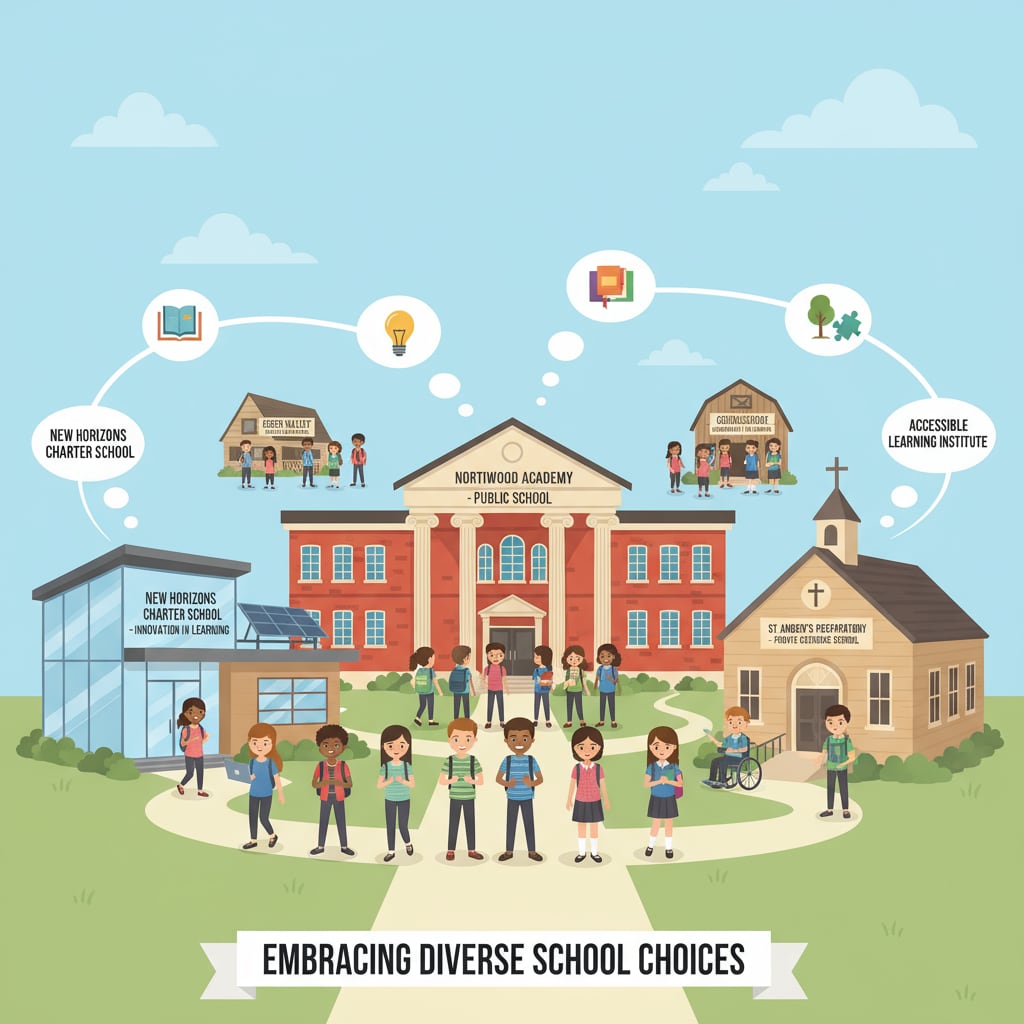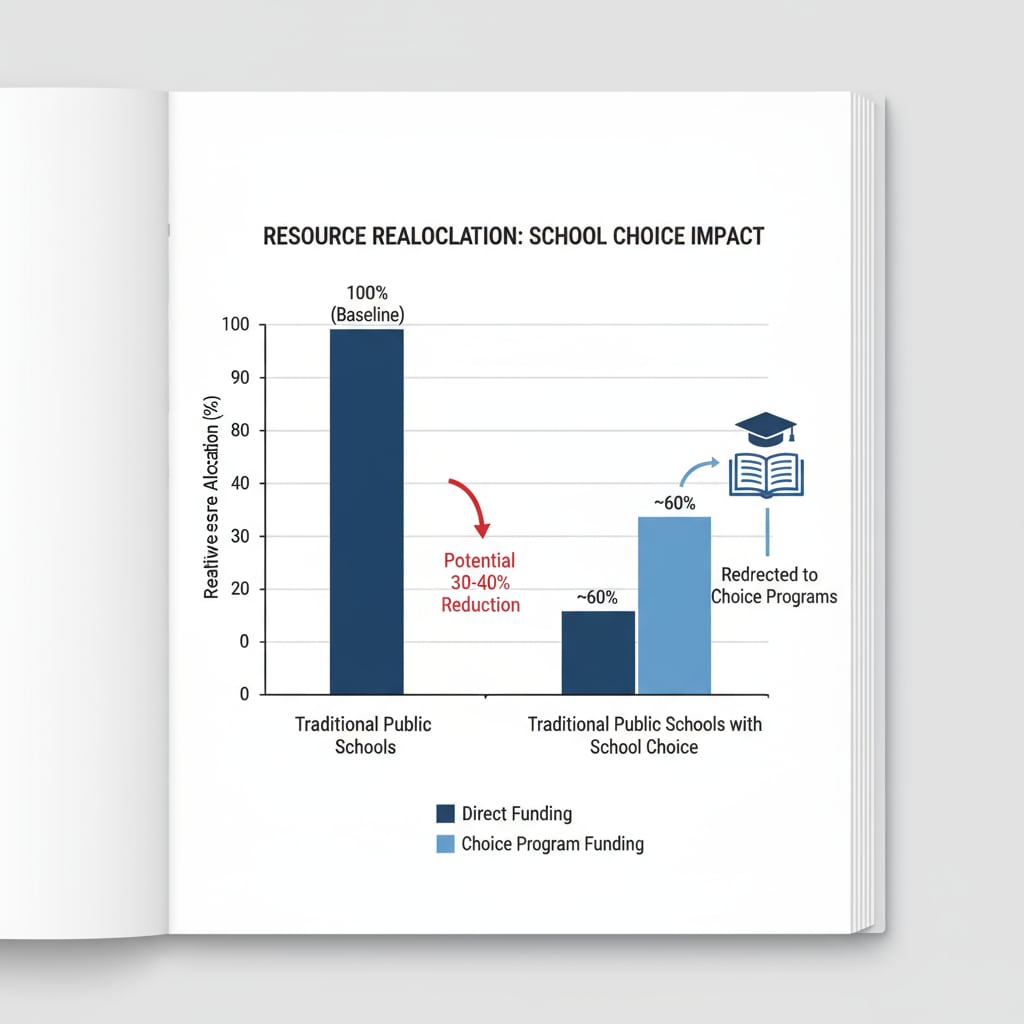The issue of school choice, conservatives, and education policy has long been a topic of intense debate in the field of education. School choice programs, which aim to provide families with more options in education, have both supporters and critics. From a conservative perspective, these programs are a double-edged sword, with potential benefits but also significant concerns.

The Appeal of School Choice for Conservatives
Conservatives often advocate for greater parental control and educational freedom. School choice programs seem to align with these values. By allowing parents to choose the schools that best suit their children’s needs, it gives families more power in the educational decision-making process. For example, a parent who believes in a particular set of values, such as traditional academic rigor or a specific moral framework, can select a school that upholds those values. This idea of parental autonomy resonates with conservative ideology, as it places the family at the center of the educational system. School choice on Wikipedia
The Hidden Risks of School Choice Programs
However, not all conservatives are on board with school choice programs. One major concern is the potential for value conflicts. As more diverse schools enter the educational landscape, there is a risk of a fragmented value system. Different schools may promote different sets of values, which could lead to confusion among students and a lack of a unified moral compass. Another issue is the possible disruption of the traditional education system. If a large number of students shift to alternative schools through school choice programs, it could drain resources from public schools, weakening the overall educational infrastructure. Education policy on Britannica

In addition, there are questions about the long-term effects of school choice on social cohesion. While choice can be empowering for individual families, it may also lead to a more segregated educational environment, based on factors such as income, race, or values. This could potentially widen the gap between different social groups and undermine the sense of community that traditional public schools often foster.
Readability guidance: In this exploration, we have seen how school choice programs, from a conservative perspective, have both positive aspects related to parental freedom and negative implications for value systems and the traditional education framework. The key lies in finding a balance that respects parental choice while safeguarding the integrity of the overall educational system.


